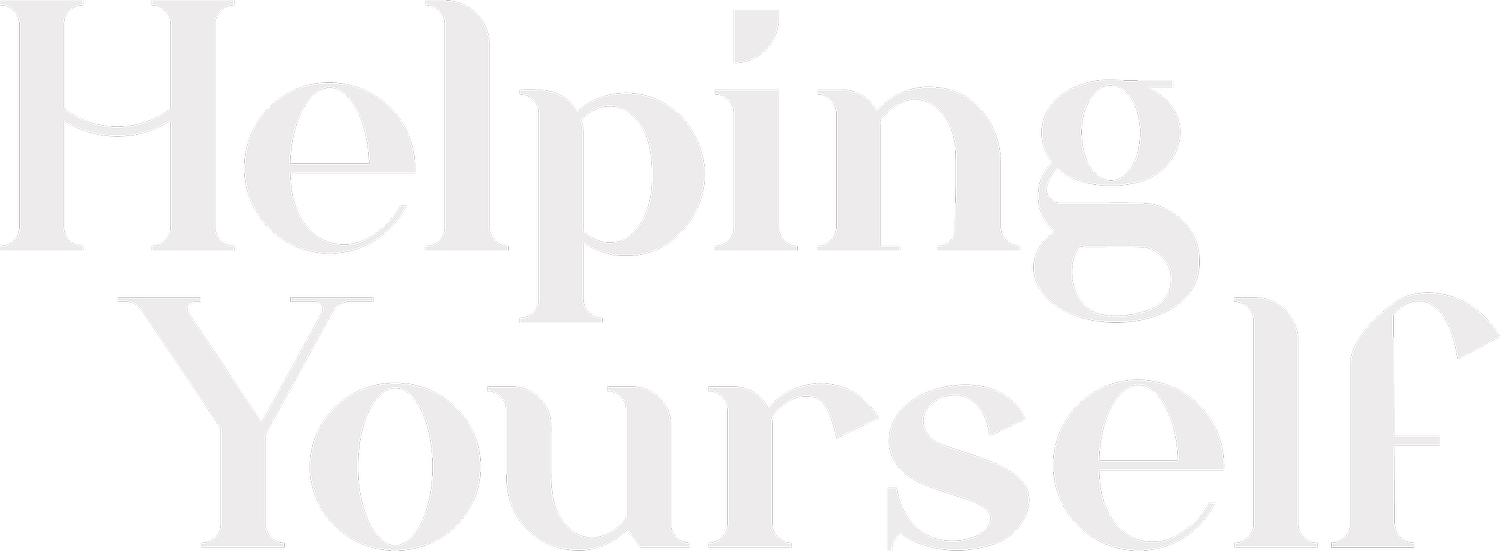Depression
Professional Advice
Personal Experience
Ways to Learn More
Depression is a curious experience. Being hard to define is it’s modus operandi. People experience it differently and some people experience it in different ways at different times. That’s definitely been my experience.
Part of what’s made the challenging times so challenging is that it disappears and then seems to sneak up, sometimes in a different guise. It’s what’s made recovery so disappointing in moments. Yet it’s also made recovery joyus in moments, when I’ve discovered how many ‘good days’ it turns out I’ve had.
Living with major depression while being highly functional has been my experience. Meaning that I’ve managed to appear relatively well to most, while internally struggling hugely.
My recovery involved trying out a lot of different types of therapies, meeting various professionals and testing different drugs. What worked for me was a long term psychotherapy plan developed with someone who I trusted hugely. That therapy brought me to what I felt was full recovery and led me to a place where I was ready and free to discover how wonderful life can be.
Years later when I developed anxiety and some subsequent issues I was able to return to this professional, which provided comfort and hope.
I’ve had a lot of bad days and some very dark moments, but living with mental health challenges means I’ve learnt to take the good with the bad. My personal mantra for dark times became .. this is just one moment in the day, one day in the life’.
I’m grateful for the continued support I receive from people around me and importantly, that I’m able to give myself. Having lived and survived through mental health challenges for many years, it’s taught meto understand that it’s liveable with. It’s worth doing whatever it takes to look after yourself and although there are dark moments there are also wonderful days - all the sweeter for the appreciation I’ve had to learn to have.
I wish someone had told me that depression isn’t just “very intense sadness.” In fact, some people with depression won’t experience sadness at all — at least not the way that most of us understand it.
〰️
Things that depression can feel like: endless boredom and disinterest in your life, deep pessimism and low energy, agitation and quick anger, checking out and disengaging with what’s happening around you, low self-esteem and self-isolation, loneliness without the motivation to change it, simple things feeling impossibly hard and pointless, passive thoughts about what life might be like without you or what would happen if you died.
〰️ You can be depressed without shedding a single tear. You can be depressed and not feel any sadness. Depression is so much more than being sad for a long time. It’s about disconnecting with your life due to emotional, physical, and cognitive barriers.
〰️ In that sense? It’s very easy to miss the fact that you’re depressed, especially if you’ve experienced it for a long time. But the truth is, depression isn’t just a bad case of sadness. Depression is a thief of energy, connection, and desire. If this resonates, please talk to someone. You deserve better than this. 💗 samdylanfinch
3. Ways to Learn More
Looking at the different elements of what’s affecting us can help break the issue into smaller parts, which is key for allowing us to help ourselves one step at a time.
(This image may or may not be applicable to your experience.)
Intrusive thoughts or thinking patterns? Unhelpful thinking styles are broken down here.
Notice, observe, let it pass when you can.
Next steps?
Need more help? Learn more about types of professional therapy in our article.





